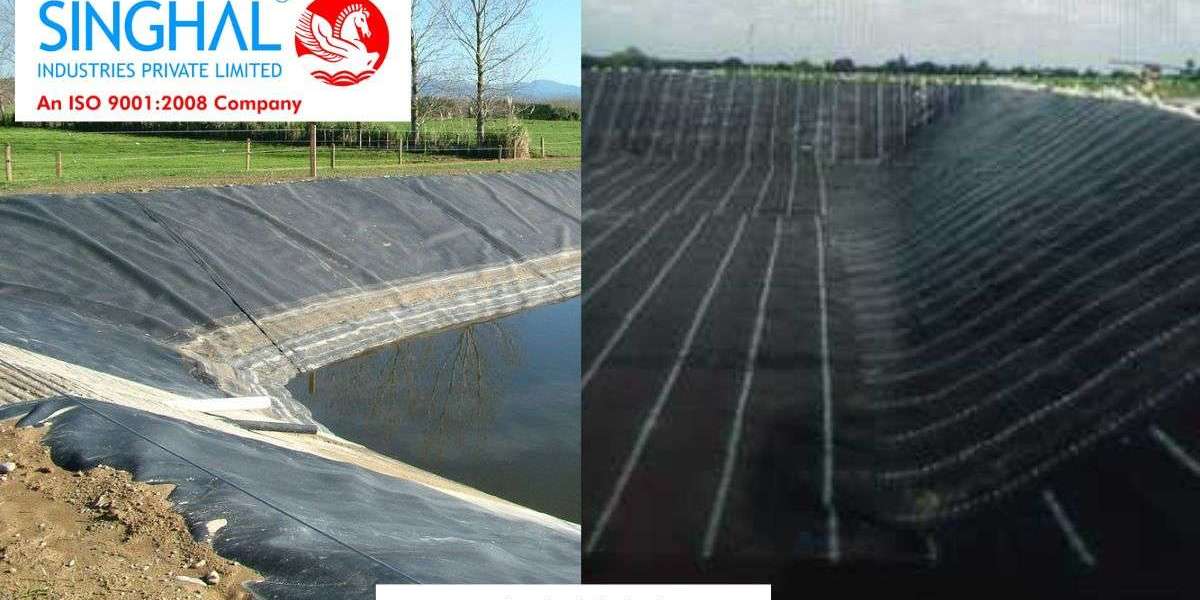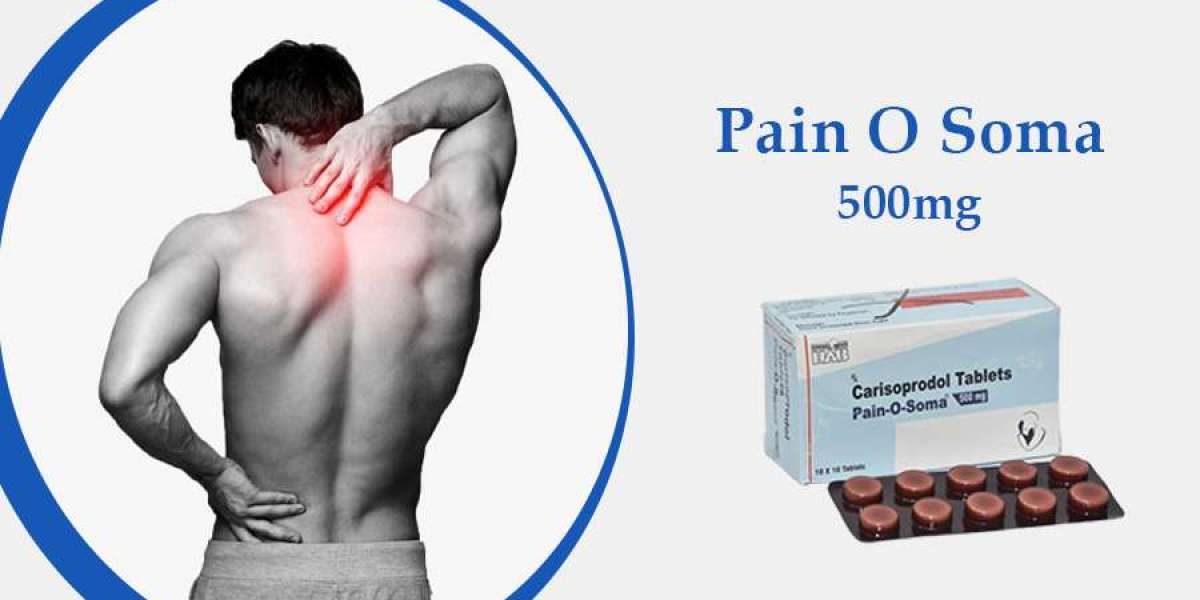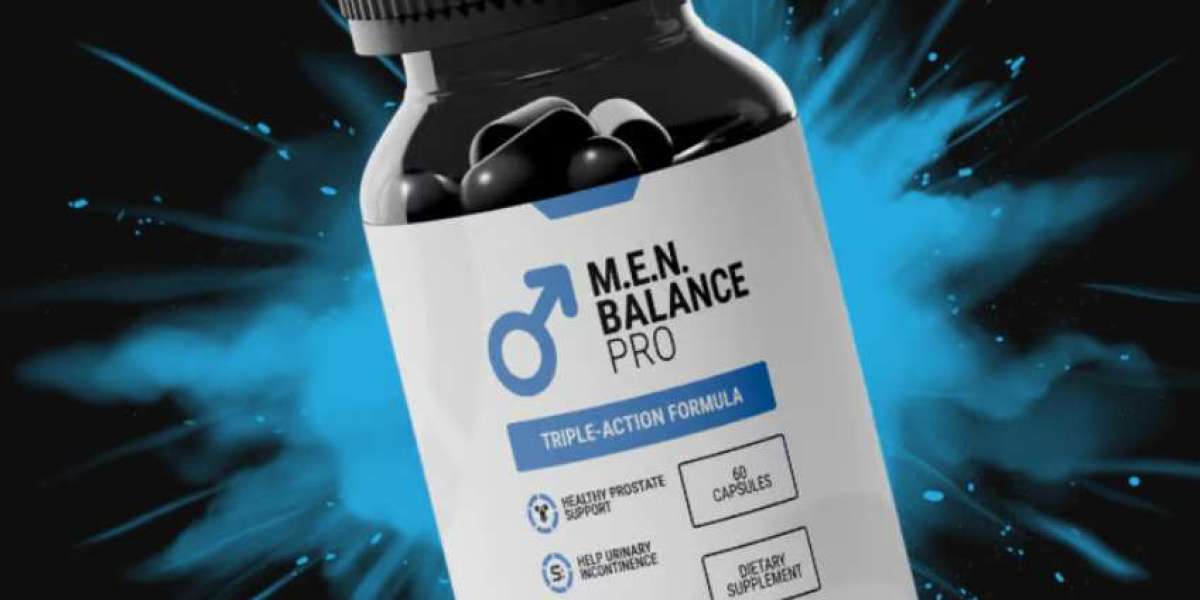In the field of civil engineering and environmental protection, the need for effective containment systems is paramount. Whether it's for landfills, wastewater treatment facilities, or reservoirs, reliable waterproofing and containment solutions are essential to prevent leakage and protect the environment. Geomembrane sheets are widely used in various industries due to their ability to offer a durable, cost-effective, and eco-friendly solution for waterproofing, containment, and soil protection.
This article explores the significance of geomembrane sheets, their applications, benefits, and the role of geomembrane sheet suppliers and geomembrane sheet manufacturers in ensuring the availability of high-quality materials for a wide range of industrial applications.
What Are Geomembrane Sheets?
Geomembrane sheets are synthetic membrane materials made primarily from polymers such as high-density polyethylene (HDPE), low-density polyethylene (LDPE), and polypropylene. These sheets are impermeable, making them ideal for lining applications where water or hazardous liquids need to be contained or prevented from leaking into the environment.
Geomembrane sheets are designed to provide a reliable barrier to prevent leakage from landfills, reservoirs, ponds, and other containment systems. They are available in a variety of thicknesses, sizes, and configurations to suit the specific needs of different projects. Due to their robustness and flexibility, these sheets are commonly used for both temporary and long-term applications.
Applications of Geomembrane Sheets
Landfill Lining: Geomembrane sheets are primarily used in landfills for lining purposes. The impermeability of the geomembrane prevents toxic waste and contaminants from leaching into the soil and groundwater. This protective barrier ensures that hazardous substances are securely contained, minimizing the environmental impact of landfills.
Wastewater Treatment: In wastewater treatment plants, geomembrane sheets are used to line basins and tanks, helping to control the movement of contaminants. These sheets protect the treated water from contamination by groundwater and prevent the leakage of untreated wastewater.
Reservoir and Pond Lining: Geomembrane sheets are widely used in the construction of reservoirs, ponds, and irrigation channels. The impermeable barrier created by these sheets helps in water conservation, reducing evaporation losses, and ensuring that stored water remains uncontaminated. This is especially important in agricultural irrigation systems and water storage projects.
Mining Industry: The mining industry often uses geomembrane sheets for containment applications such as heap leach pads, tailing ponds, and waste piles. These sheets prevent the leaching of hazardous chemicals from mining waste into the surrounding environment, ensuring that the mining process does not cause harm to nearby ecosystems.
Agriculture: Geomembrane sheets are also used in agriculture for lining irrigation canals, ponds, and greenhouses. These sheets prevent water loss through seepage and improve the efficiency of water usage. In addition, they help in creating controlled environments for the growth of crops and reduce the risk of soil contamination.
Flood Control: In flood-prone areas, geomembrane sheets can be used to build barriers or dikes that help control water flow and prevent flooding. These sheets offer an effective solution to reduce the damage caused by floods, protecting both the environment and infrastructure.
Benefits of Geomembrane Sheets
Waterproofing and Containment: The primary benefit of geomembrane sheets is their ability to act as an impermeable barrier that effectively contains water, chemicals, and other liquids. This is particularly critical in applications like landfills, wastewater treatment plants, and reservoirs, where leakage could lead to severe environmental contamination.
Durability and Strength: Geomembrane sheets are known for their high tensile strength and resistance to punctures, tears, and environmental wear. Made from robust polymers like HDPE and LDPE, they are designed to withstand harsh conditions, including UV exposure, temperature fluctuations, and chemical exposure.
Cost-Effectiveness: Geomembrane sheets offer a cost-effective solution for containment and waterproofing. Compared to traditional methods like concrete or clay liners, geomembrane sheets are relatively inexpensive and easier to install. Their durability ensures that they require minimal maintenance over time, making them a long-term, budget-friendly solution.
Environmental Protection: The use of geomembrane sheets by providing a secure barrier, these sheets prevent hazardous liquids and chemicals from leaking into the soil or groundwater. This contributes to environmental protection and sustainability, particularly in industries like mining, agriculture, and waste management.
Ease of Installation: Geomembrane sheets are flexible and lightweight, making them easy to transport and install. Their ease of handling and installation means that projects can be completed quickly, reducing labor costs and project timelines. Geomembrane sheets can be installed in a variety of configurations, ensuring that they can be tailored to meet the specific needs of the project.
The demand for Geomembrane sheets in India has increased in recent years, driven by the country’s rapid infrastructure development and growing environmental concerns. As a result, the role of geomembrane sheet suppliers and geomembrane sheet manufacturers in India has become crucial.
Geomembrane sheet suppliers play an essential role in distributing high-quality geomembrane sheets to various industries. They ensure that the sheets meet the required standards and are available in different sizes, thicknesses, and materials based on the project requirements. These suppliers work closely with manufacturers to ensure timely delivery and meet customer demands.
The Geomembrane sheet manufacturers in India are responsible for producing geomembrane sheets using advanced technology and high-quality raw materials. The growing demand for these sheets has led to increased investment in manufacturing capabilities, ensuring that India can meet both domestic and international needs. The manufacturing process involves using advanced extrusion and welding technologies to create durable, high-performance geomembrane products.
India’s key manufacturing hubs, including areas in Gujarat and Maharashtra, are becoming major centers for the production of Geomembrane sheet material in India. With state-of-the-art facilities and skilled labor, these manufacturers provide customized solutions to industries in need of reliable containment systems.
FAQs
1. What are the main materials used to make geomembrane sheets?
Geomembrane sheets are primarily made from synthetic materials such as high-density polyethylene (HDPE), low-density polyethylene (LDPE), and polypropylene. These materials are chosen for their strength, durability, and impermeability, making them ideal for containment and waterproofing applications.
2. How long do geomembrane sheets last?
The lifespan of geomembrane sheets depends on factors such as the material used, environmental conditions, and maintenance. Generally, high-quality geomembrane sheets can last between 20 to 30 years, with minimal maintenance, provided they are installed correctly and exposed to appropriate conditions.
3. Are geomembrane sheets environmentally friendly?
Yes, geomembrane sheets are environmentally friendly. They are designed to prevent contamination of soil and groundwater, thereby protecting the environment. Many geomembrane materials are also recyclable, making them an eco-conscious choice for containment and waterproofing.



